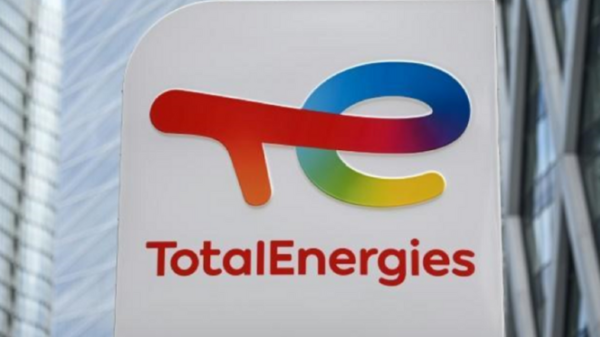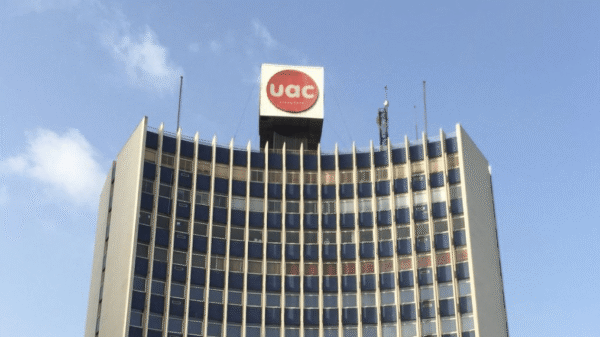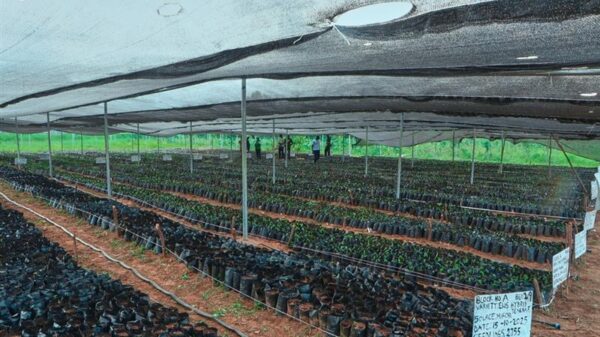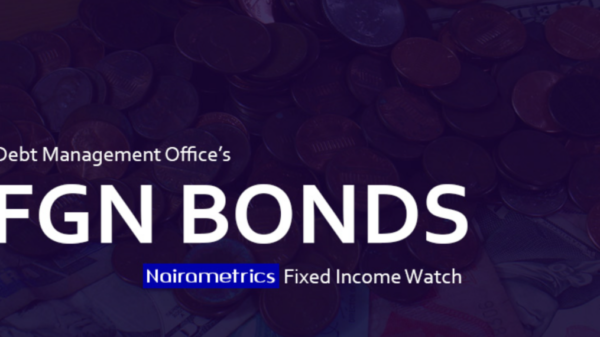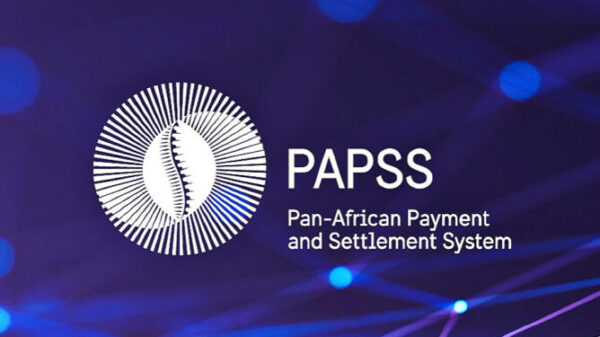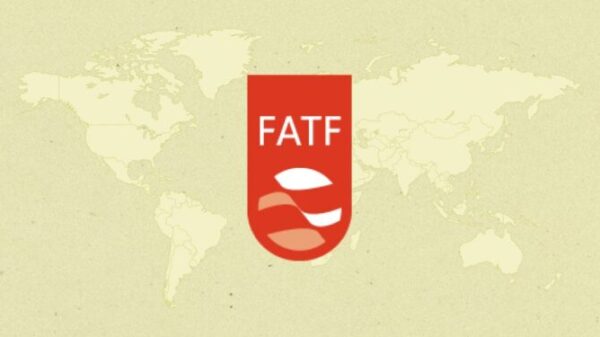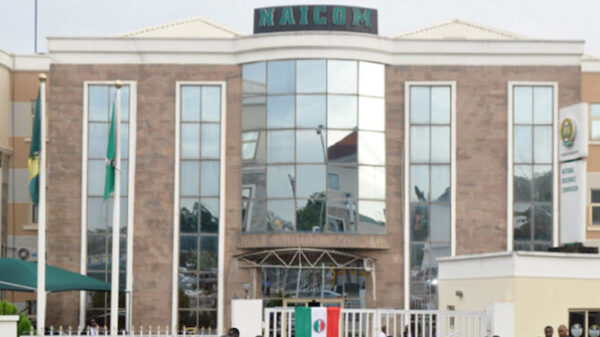Investor demand for Nigeria’s Federal Government bonds remained exceptionally strong in October 2025, with total subscriptions surpassing ₦1 trillion for the second consecutive month, despite a continued decline in yields.
According to data from the Debt Management Office (DMO), the October auction demonstrated the resilience of investor appetite for government securities even in a lower-rate environment, reflecting strong system liquidity and investor preference for safety.
Yields Decline, but Demand Stays Robust
The five-year FGN AUG 2030 bond cleared at 15.83%, down from 16.00% in September, while the seven-year FGN JUN 2032 bond settled at 15.85%, compared to 16.20% a month earlier.
Ordinarily, falling yields tend to reduce investor interest, but in this case, participation remained exceptionally high. The seven-year instrument recorded ₦1.06 trillion in subscriptions, slightly above the ₦1.03 trillion received in September.
Similarly, the five-year note attracted ₦212.66 billion in bids, only a modest dip from ₦231.79 billion in the previous auction. The continued strength of demand underscores investors’ view of government debt as a low-risk, highly liquid investment option.
Allotments Cut Despite Strong Participation
Despite the trillion-naira subscription levels, the DMO reduced the total amount allotted across both tenors. In October, ₦313.77 billion was allotted, representing a 45.6% drop from the ₦576.62 billion issued in September.
The seven-year bond saw the steepest cut. Out of the ₦1.06 trillion subscribed, only ₦225.97 billion was allotted—less than half of the ₦488.83 billion accepted a month earlier. An additional ₦3 billion was sold through the non-competitive window.
Meanwhile, allotments for the five-year note remained stable at ₦87.80 billion, despite slightly weaker demand.
Analysts say this selective reduction highlights the government’s cautious approach to debt management. By trimming allotments during periods of strong demand, the DMO keeps borrowing costs in check while maintaining investor engagement. It also reflects a broader effort to manage Nigeria’s rising debt burden more prudently.
Demand Outstrips Supply Amid Market Optimism
Total bids for both maturities climbed slightly to ₦1.27 trillion in October from ₦1.26 trillion in September. The DMO had increased its offer size from ₦200 billion to ₦260 billion, but even this larger issuance could not satisfy investor demand.
This sustained oversubscription points to strong liquidity in the financial system, with institutional and retail investors seeking stable returns amid limited alternative assets. The results also suggest that, even with lower yields, FGN bonds continue to serve as a safe haven for investors navigating an uncertain economic environment.
Policy Shift and Economic Backdrop
In September 2025, the Central Bank of Nigeria (CBN) cut the Monetary Policy Rate (MPR) from 27.5% to 27%, marking its first rate reduction in five years. The move followed six consecutive months of declining inflation, with headline inflation dropping to 18.02% in September.
While the rate cut was modest, it signaled a potential shift in the CBN’s monetary stance—from aggressive tightening toward cautious easing. This policy change, combined with declining inflation, likely reinforced investor confidence in the fixed-income market.
The lower yields seen at the October auction reflect these dynamics, as investors adjust to a gradually easing rate environment while maintaining strong demand for risk-free government securities.
Outlook: Further Yield Compression Possible
Analysts expect demand for FGN bonds to remain strong in the months ahead, particularly as liquidity levels stay high and the government maintains a disciplined borrowing strategy.
With the DMO keeping supply below market appetite, yields are likely to face further downward pressure. Unless economic conditions shift dramatically or inflation resurges, investors may continue to accept thinner margins in exchange for the safety and predictability of sovereign debt.
Bottom Line
The October 2025 FGN bond auction confirms that investor confidence in Nigeria’s government debt remains robust despite falling returns.
High demand, even at lower yields, suggests that sovereign instruments remain the preferred choice for investors seeking stability in a still-uncertain macroeconomic climate.







